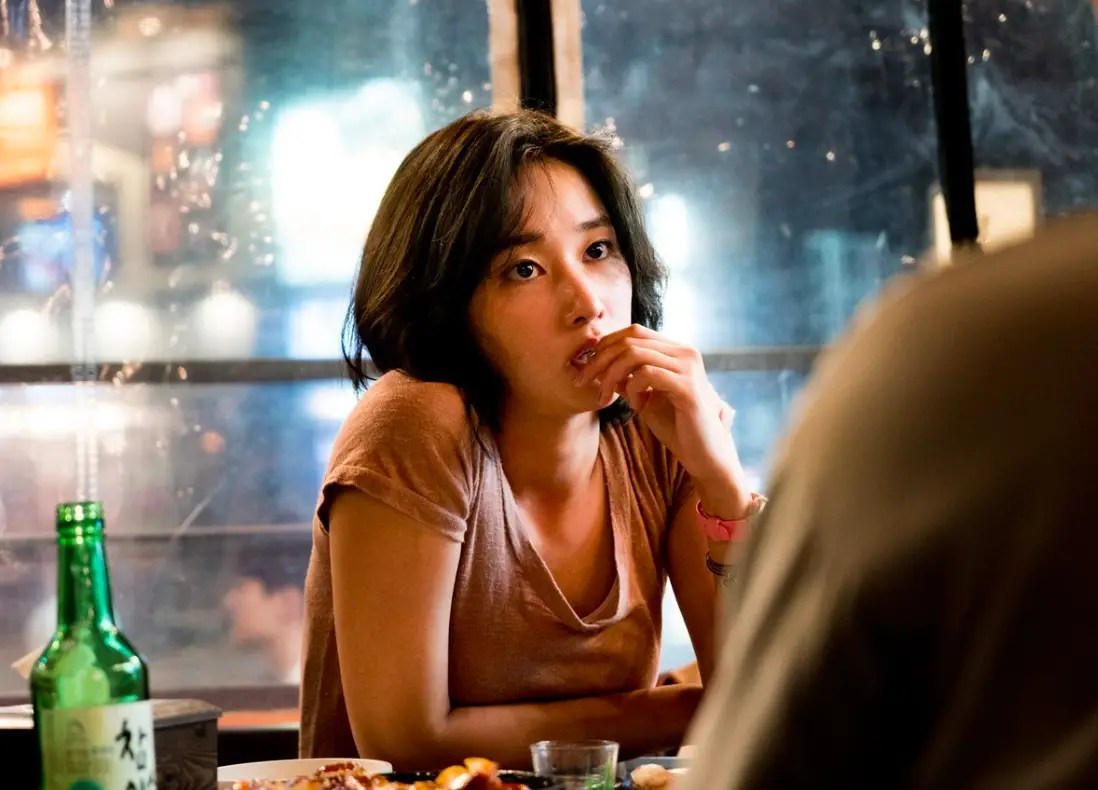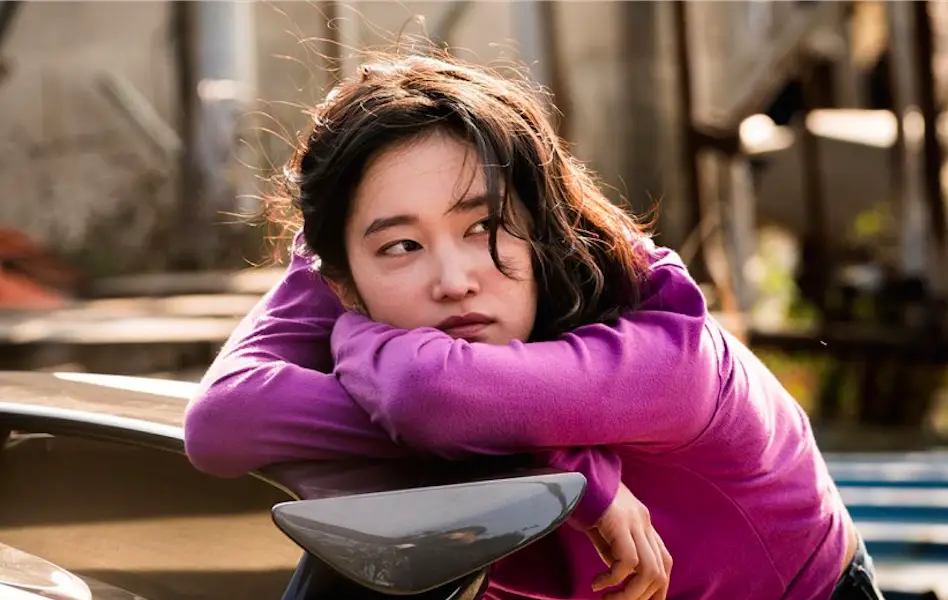Jealousy is like a game of mirrors. When you’re envious of somebody, you see a part of yourself that could be fulfilled if you were more like them, or if you had something that they had. It’s an intense yearning that plays tricks with the mind, planting a seed that seems harmless at first but eventually becomes poisonous. But what about subconscious longing? When you get jealous, do you want to be somebody or do you want to be with them? How does that translate into confusion, resentment and paranoia? Why it is all-consuming? Why is it so unsettling?
This psychological downward spiral is the basis of South Korean auteur Lee Chang-dong’s excellent thriller “Burning,” released this year and based on the short story “Barn Burning” by Haruki Murakami. The film follows Jong-su, a farmer and would-be writer whose already-difficult life is rendered further isolated after his father’s imprisonment.
One overcast day, Jong-su encounters his old classmate Hae-mi, whose deep sadness is masked by a flirtatious grin. Without family or friends to speak of, the two take solace in each other; they see each other frequently until Hae-mi announces that she’s leaving on a trip to Africa, leaving a crestfallen Jong-su to take care of her cat. Upon her return a few weeks later, she has new company: an enigmatic boyfriend, Ben. Things are not as they seem.

“Burning” has been hailed by critics as a sharp meditation on class divisions, but it’s much more than that, as its statements about class and social standing are in conjunction with its statements about gender. Jong-su, the poor farmer boy from rural South Korea, is visibly tense at the sight of Ben, handsome and well-traveled with an opulent penthouse in Seoul. Their acquaintanceship only grows more intense as resentment and suspicion stir menacingly.
The initial dynamic between Jong-su and Hae-mi is a familiar one, as the film frames Hae-mi within the confines of Jong-su’s perspective. To the audience, Hae-mi is a sad, lonely creature who seems to need Jong-su, but she otherwise remains mostly mysterious, even slightly inchoate. This is a deliberate choice — all that’s known of Hae-mi is what she’s like when Jong-su is around, and that’s important because it illustrates that, in the end, the story isn’t really about her. Not at all. Ultimately, she’s a woman who gets lost in the entitlement of men.
Jong-su, whose attraction to Hae-mi is well-established during the film’s first act, is deeply threatened by Ben, a man who embodies everything he does not. But the things that make Ben so different from Jong-su are also inexplicable, and Jong-su’s desperation to understand him is almost humiliating. The consequence is a slow emasculation and rise of feelings of insecurity triggered by Ben’s arrival. This is further exacerbated as Jong-su learns things about him that only make him more unnerving.
Ben takes everything in with a sharp eye and a measured gaze, his chin lifted high enough and his thin smile cold enough to give pause. Within a few hours of meeting Jong-su, he claims that he has never cried, and doesn’t understand people who do. He has a lot of money and a lot of knowledge. And, every few weeks, he picks an old, dilapidated barn, lights up a match, and sprints into the darkness to watch the whole thing burn down from afar. He reveals this last detail to an enraptured Jong-su, claiming that he’s never told anyone about it before.
Although Yoo Ah-in (Jong-su) and Jeon Jong-seo (Hae-mi) are excellent in their roles, Steven Yeun surely deserves industry recognition for his brilliant work as Ben, and I suspect he’ll get it. He is simply electric, utterly watchable and deeply disturbing all at once. It’s a gift of a performance in a year with many good ones.
“Burning” masterfully crafts a tension that begins as a compelling love triangle, then smoothly evolves into something else entirely: class insecurity and emasculation, often both in their interactions with the other. Jong-su becomes obsessed with knowing more about Ben, particularly after learning of his maddening habit of destroying abandoned greenhouses. This is the kind of film that you don’t want to know a lot about before watching, and I’ve barely scratched the surface of what it offers. Don’t forget: It’s a thriller.
The friction between Jong-su and Ben is such that Hae-mi briefly becomes secondary to both of them, though especially to Jong-su, who is consumed by his pursuit to know more about the man that she brought home with her. Jong-su’s obsession with Ben is vaguely homoerotic, echoing the question of jealousy as a reflection of material want versus physical desire.
The dynamic of having two men sparring over a woman is elevated by its unspoken nature. It’s never acknowledged between the two of them — not really — but Jong-su is so frustrated with Hae-mi that he pushes her away, calling her a whore and wondering (to her face!) what Ben could possibly want with a poor girl like her. She is betrayed.
Jong-su’s growing fixation on Ben comes at Hae-mi’s expense.“Burning” is a measured film, taking the time in the first half to explore Jong-su’s monotonous life — it’s no wonder the arrival of this new figure devolves into a severe obsession. It takes a while to understand where the film is going, but that only makes the pay-off more shattering. The contentious dance between its characters is akin to a wrestle, not unlike the thematically adjacent “Annihilation,” in which the protagonist has a standoff with a humanoid manifestation of her own self.
“Burning” isn’t science fiction, but it poses valuable questions about the self and how it can be mirrored in other people, sometimes to one’s own detriment. When you meet someone who has everything you don’t have but desperately want, doesn’t that make them a reflection of all your desires? Maybe that’s why jealousy is so unsettling. Maybe that’s why “Burning” resonates so deeply.
















